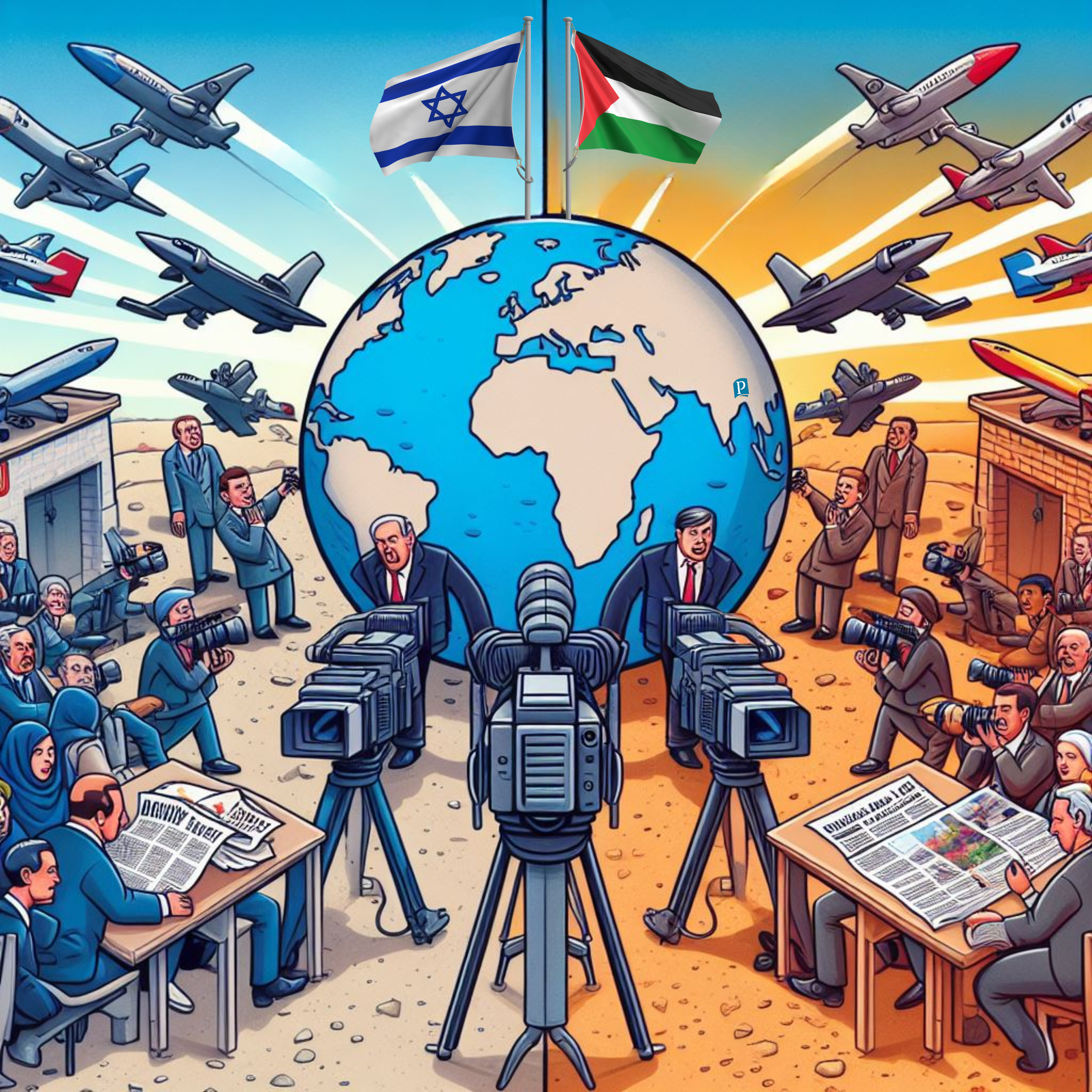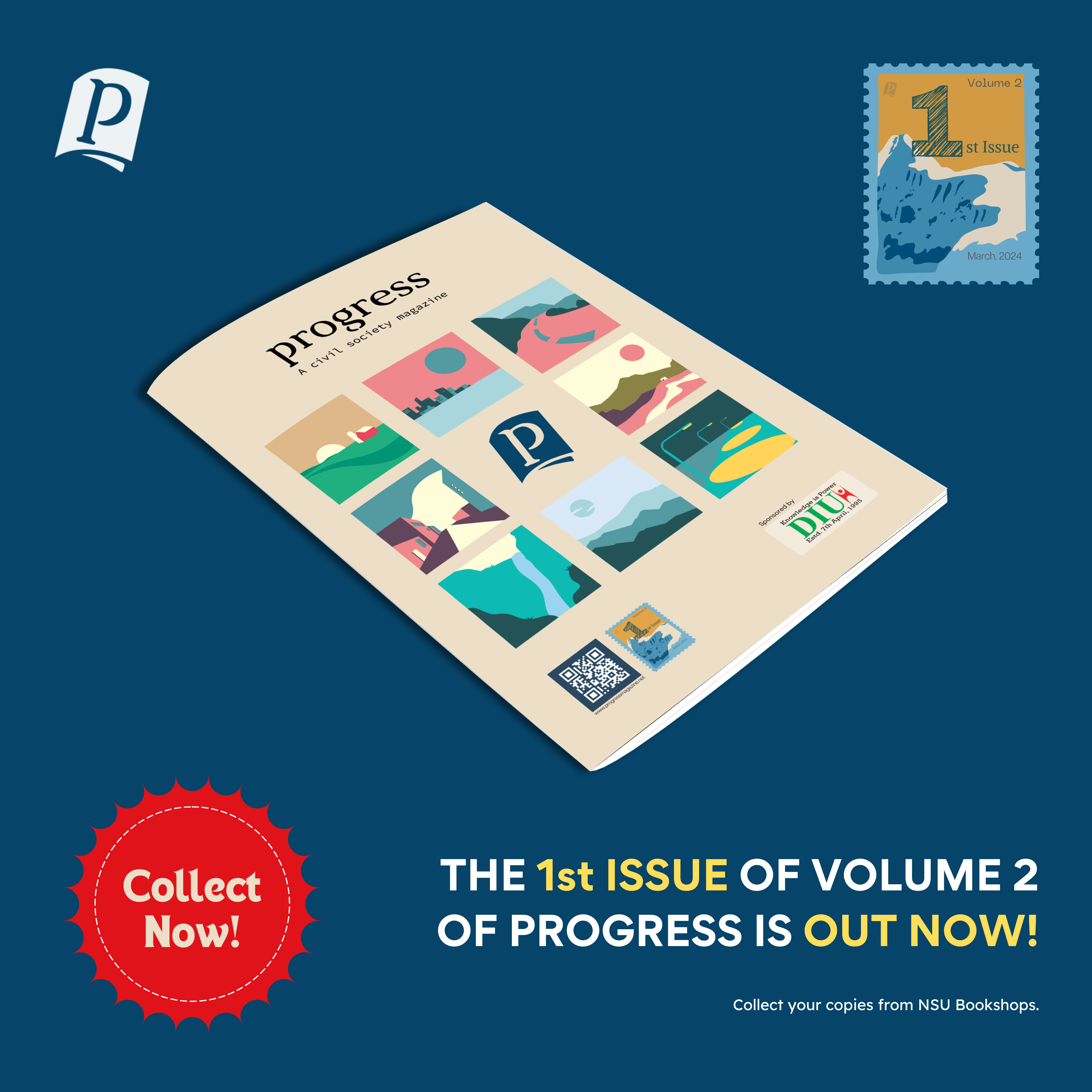I would like to start by borrowing a line from the famous “The West Wing” series – “the streets of heaven are too crowded with angels tonight.” As I write, innocent lives are being lost. As my writing would progress, another round of bombing would perhaps ensue, resulting in the loss of a few hundred innocent children’s lives. Words fall short of addressing this issue, as the textbook case of genocide is unfolding before our own eyes.
The world is witnessing a tragic tale of dispossession, displacement, and despair as the Palestinian people are suffering inhumane brutality. As we continue to confront these harsh realities, the selective nature of the outrage of the West and their deafening silence raises uncomfortable questions about their moral legitimacy as they preach to be the torch bearer of peace and democracy.
My essay concerns the hypocrisy of the Fourth Estate. The Western media’s take on this event is comical. Their imaginary stories explain how the land was empty and waiting to be filled with the Jews. The recent trends have been nothing short of a circus, as the media and the concerned organizations are downplaying the events; the tonal shifts and the narrative shiftings are necessary and should be put before the whole world to see.
The West has historically controlled the media narrative and opinion and justified imperialist agendas, and they have done it through the use of language. After the conflict of 7th October, language has been weaponized to further the narrative of portraying Israel’s aggression as self-defense while demonizing Palestinian resistance as terrorism. The influence of the pro-Israel lobbies and the powerhouse of the West, manipulates the discourse to legitimize Israel’s action while demonizing any opposition as antisemitic.
If we see the trend, the media houses have often used terminologies like “death” and “kill” to describe casualties in the conflict, with the latter being associated with the Palestinians. The verbs “died” and “killed” may seem similar, but they evoke vastly different emotions and perceptions. Comparing “died” to “killed” in the context of civilian casualties in the conflict – the former may imply a more passive occurrence, while the latter immediately raises questions of guilt and intent. In the aftermath of the Israeli assault, the Palestinians “die” but when the Palestinians retaliate, the Israelis get “killed”. Nuances between the two words are crucial. “Died” suggests a death occurred, but “killed” implies a deliberate, unlawful act. Western media houses always associated strong words such as “killings” while portraying Palestinian actions and altered perceptions of responsibility and injustice.
But why does language matter in conflict? The answer lies in its ability to shape reality. Words describe events and construct our understanding, moulding our perceptions and influencing our moral judgments. In this conflict, Israelis suffer casualties while Palestinians lose their lives, evoking contrasting tones that give rise to disparate emotional responses.
In the Israeli-Palestinian context, the power of language extends beyond mere semantics; it underpins competing narratives of victimhood, sovereignty, and historical legitimacy. Perhaps the most contentious linguistic battleground revolves around the characterization of individuals involved in the conflict. Take, for instance, the coverage by The New York Times, often hailed as the pinnacle of journalism. Their choice of words and framing of events reveal a troubling bias that undermines their claim to impartiality. In their reporting, Palestinian actions are often framed as “provocations” or “aggression,” while Israeli responses are shown as “retaliation” or “self-defense.” This linguistic manipulation subtly shifts blame onto the Palestinians, casting them as the instigators of violence, and justifies Israel’s disproportionate use of force.
They ran a piece in December 2023 titled “‘Screams Without Words’: How Hamas Weaponized Sexual Violence on Oct. 7”. The strong narrative and use of language from The New York Times later came under intense scrutiny as they failed to adequately provide substantiated proof and report that such events took place. Later, they changed the article title to “How Hamas Weaponized Sexual Violence on Oct. 7“. This is just one example of how the media houses like The New York Times, frequently employ euphemisms to downplay the severity of Israeli actions. Another example – instead of using the term “occupation” to describe Israel’s control over Palestinian territories, they opt for softer language like “disputed territories” or “security measures.” This is semantic whitewashing at its best to sanitize Israel’s oppressive actions and maintain the illusion of moral superiority.
If we look at the broader context of the conflict, it becomes evident that the power dynamics in media representation deeply impact public perception and global responses. Amidst the echoes of anguish and sorrow, Israel is wiping out entire neighborhoods of Gaza. They are erasing and burying their stories forever. The manipulation of language serves as a powerful tool in justifying and perpetuating the status quo of oppression and violence. By framing Israeli actions as necessary self-defense and Palestinian resistance as terrorism, the media not only distorts the truth but also perpetuates a cycle of dehumanization and suffering. Biased depictions of events tend to favor one side while unfairly vilifying the other. Challenging these one-sided narratives and holding media outlets accountable for their biases is vital.
Ultimately, it is up to each of us to challenge the status quo and question the dominant narratives. It is up to each of us to strive for a world where the voices of the marginalized are heard, their suffering acknowledged, and their humanity respected. Even at this time of such horror, a fantastic thing happened: the noteworthy, unique role the younger generation played. They have used platforms like TikTok and other social media platforms, and it genuinely transformed the landscape of information dissemination and narrative challenges. They have demonstrated an unmatched ability for fact-checking and activism on social media.
It’s apparent that the Fourth Estate, often hailed as the guardian of truth and justice, is two-faced in its coverage of the Israeli-Palestinian conflict. While claiming impartiality, they have been one of the sole contributors to textbook cases of the genocide that is taking place before our own eyes.











